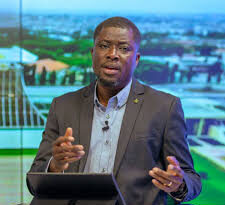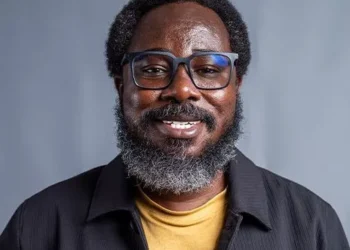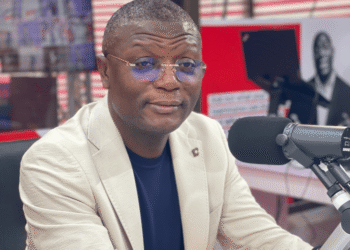Deputy Chief Executive Officer of the Forestry Commission, Elikem Kotoko, has urged the government to adopt stiffer measures against illegal mining, popularly known as galamsey, following the August 6 helicopter tragedy that killed eight people en route to an anti-galamsey event in Obuasi.
Mr. Kotoko said the tragedy must serve as a wake-up call for decisive government action, warning that the continued threat of galamsey to Ghana’s environment requires drastic steps that may include the repeal of L.I. 2462.
“I’m aware of information that President John Dramani Mahama may soon announce tougher decisions. I will not be surprised if it includes the repeal of L.I. 2462. It’s a clarion call on all of us.
“These people who engage in this enterprise (illegal mining), excuse me to say, are largely heartless and do not care what words you come and put out here. But there must be some disincentives, measures that will be punitive enough”
Elikem Kotoko, Deputy Chief Executive Officer of the Forestry Commission
Illegal mining has long been described by environmentalists as a form of “environmental terrorism” due to its devastating impact on Ghana’s forest reserves, water bodies, and farmlands.
Critics argue that L.I. 2462, which allows and regulates mining activities within forest reserves, has inadvertently emboldened destructive practices, undermining state efforts to preserve critical natural resources.
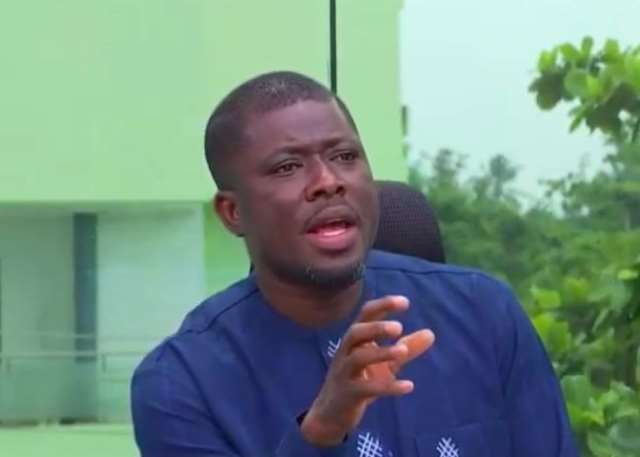
Following the helicopter crash, public pressure has intensified on the government to impose harsher sanctions and consider an immediate state of emergency. Environmental advocates insist that failure to act decisively will deepen Ghana’s ecological vulnerability and threaten livelihoods across mining-affected communities.
Stronger Stakeholder Collaboration
In his remarks, Mr. Kotoko also emphasized that combating galamsey requires a united and multi-stakeholder approach that mobilizes the full force of state and community institutions.
“There is the need for a stronger and tougher collaboration between the necessary stakeholders – the Minerals Commission, Forestry Commission, the Ministry of Lands and Natural Resources, National Security, the Ministry of the Interior, and the military as well”
Elikem Kotoko, Deputy Chief Executive Officer of the Forestry Commission
He explained that without such coordinated action, the fragmented efforts of institutions will continue to leave loopholes for illegal miners to exploit.
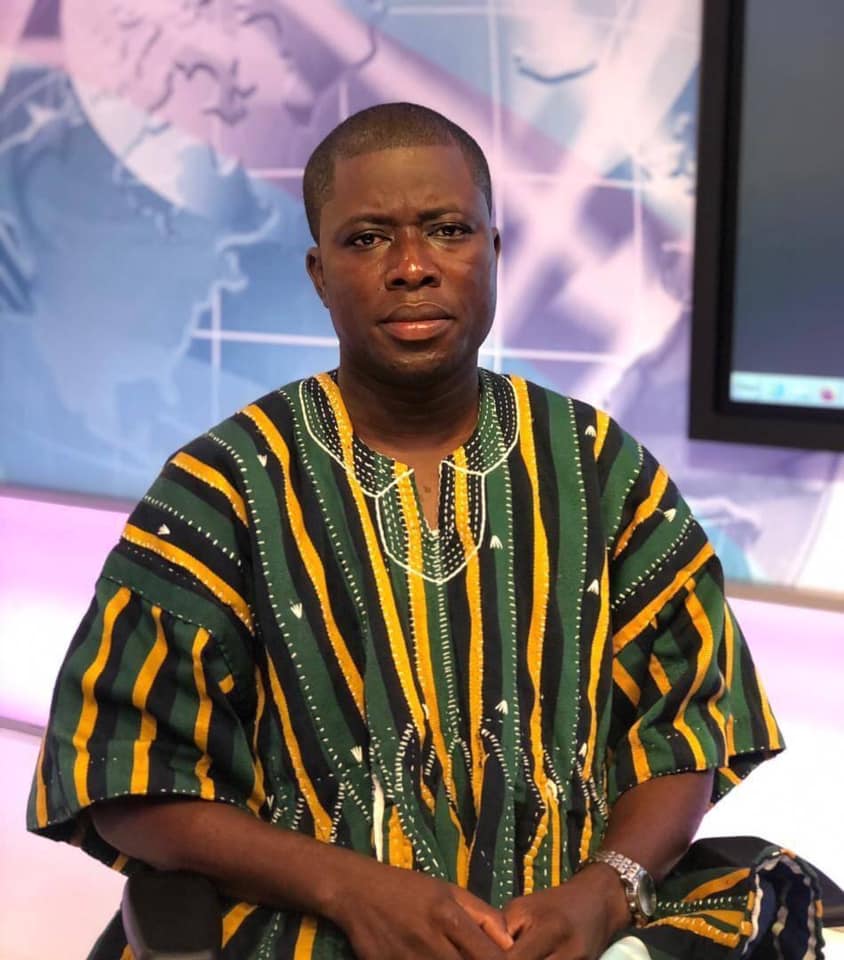
He stressed that the Forestry Commission alone cannot shoulder the fight, noting that in many countries, forestry institutions are structured like “military detachments,” and operate with advanced enforcement capacity.
“The Forestry Commission often gets blamed for illegal mining, but it isn’t fully equipped,” Mr. Kotoko added, explaining the challenges of the current Forestry Commission to effectively act on its mandate and deliver the desired results.
Traditional Authorities and the Media
Beyond state institutions, Mr. Kotoko underscored the indispensable role of traditional authorities, who remain embedded within the communities most vulnerable to galamsey activities.
According to him, chiefs and community leaders are uniquely positioned to drive behavioral change and secure grassroots compliance with national anti-galamsey directives.
“The media play a critical role as well because they are the watchers who will be constantly reporting on this,” he added, calling on the media to remain vigilant and hold all actors accountable while ensuring that the urgency of the galamsey menace stays in the public domain.
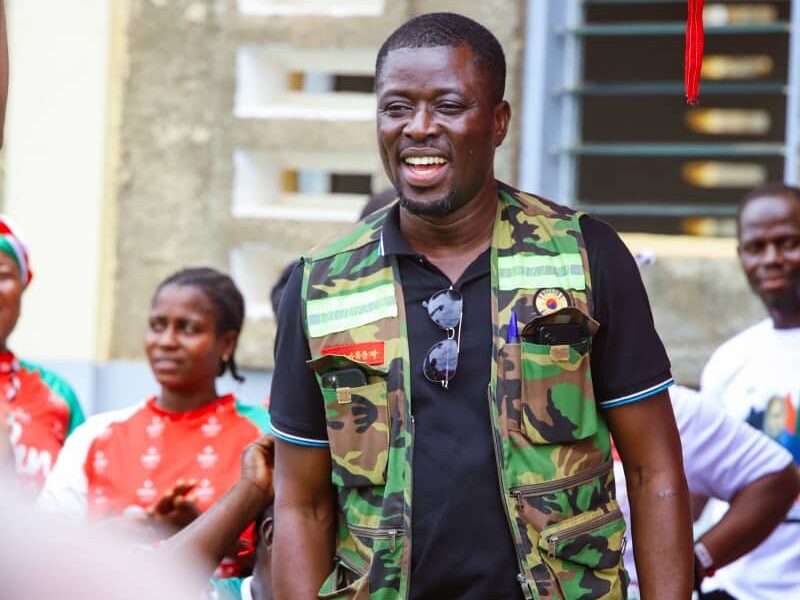
Mr. Kotoko acknowledged that successive governments have made significant efforts to address galamsey, but he argued that the scale of destruction now demands much “tougher measures and greater resilience.” He charged all to rise to the occasion and save the country from imminent doom and destruction.
The Deputy Forestry Commission CEO reiterated that the August 6 helicopter crash should not be viewed in isolation but as a tragic reminder of the wider dangers posed by galamsey.
He urged the government, security agencies, and civil society to act swiftly and decisively to safeguard Ghana’s natural heritage for future generations.
READ ALSO: Socrate Safo Warns Entertainment Returns Uncertain

